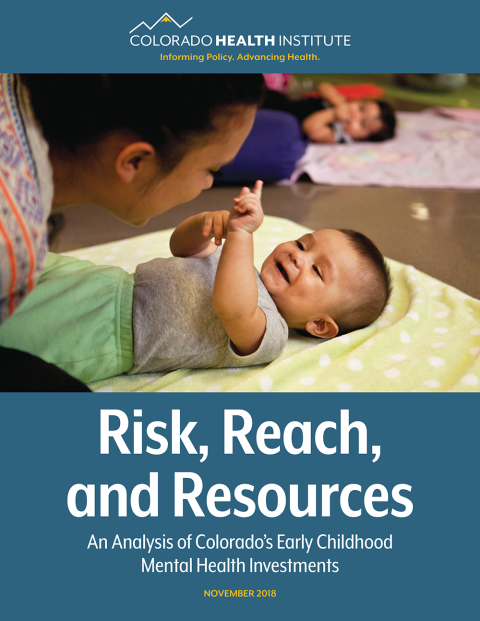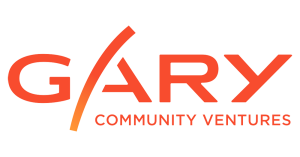Today’s research and literature have established the importance of Early Childhood Mental Health (ECMH) to overall health outcomes, educational attainment, and other markers of well-being. Yet this is a relatively recent development.
Colorado, a forerunner in this field, has a long and successful track record of putting the science of ECMH into practice. The state is a known leader across the country for its innovative and collaborative efforts to support early social and emotional development.
Colorado’s record includes long-standing public investments in ECMH consultation, public and private investments in integrated behavioral health, and success attracting federal dollars to community partnerships focused on ECMH.
Improving ECMH, however, presents a quandary for policy leaders, grant makers, and program directors. The quandary emerges because ECMH is a nascent field. As such, measuring our impact can be elusive. We have not developed, for example, a singular indicator that pinpoints which children might be most at risk. It’s hard to know what to measure and understand when we have made the necessary improvements in promotion, prevention, treatment, and outcomes.
We need to continue to build the foundations that will help us achieve better outcomes by understanding what’s at stake for parents and caregivers, young children, the ECMH workforce, and the policies and organizations that support this work. We need to build the capacity to quantify and qualify the entire ECMH system.
This report represents one of Colorado’s — and the nation’s — first attempts to do just that. It is the first significant step in the creation of a powerful and necessary tool to understand the impact of this field.
However, our findings reveal more questions than answers. How can we better identify the children and families in need of more support? Is there an appropriate number of touchpoints with the ECMH system for all children? What is the right mix of promotion, prevention, and intervention programs that offers equitable opportunities for healthy development? How will we know when we’ve made a sustainable impact? These are questions that remain unanswered.




